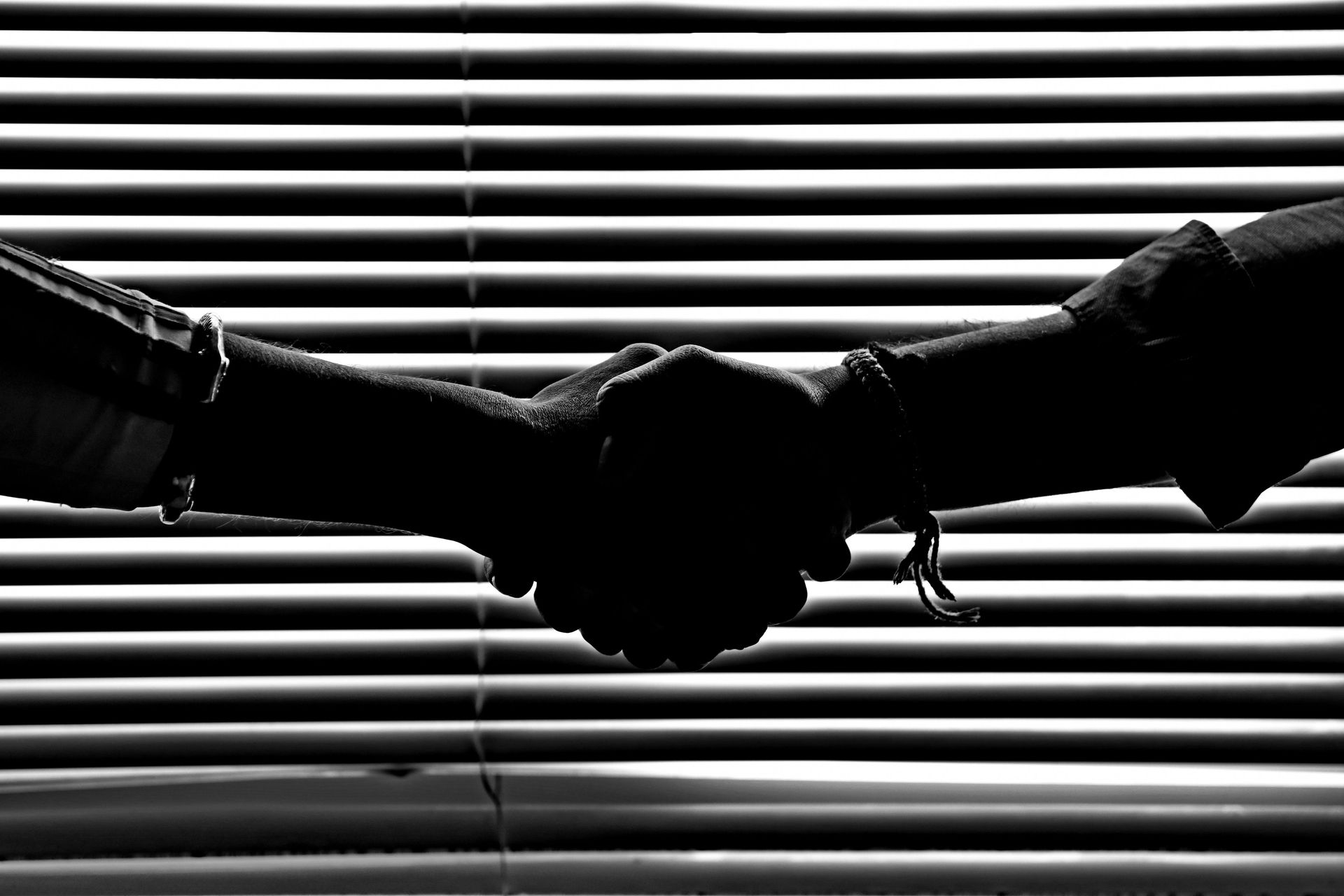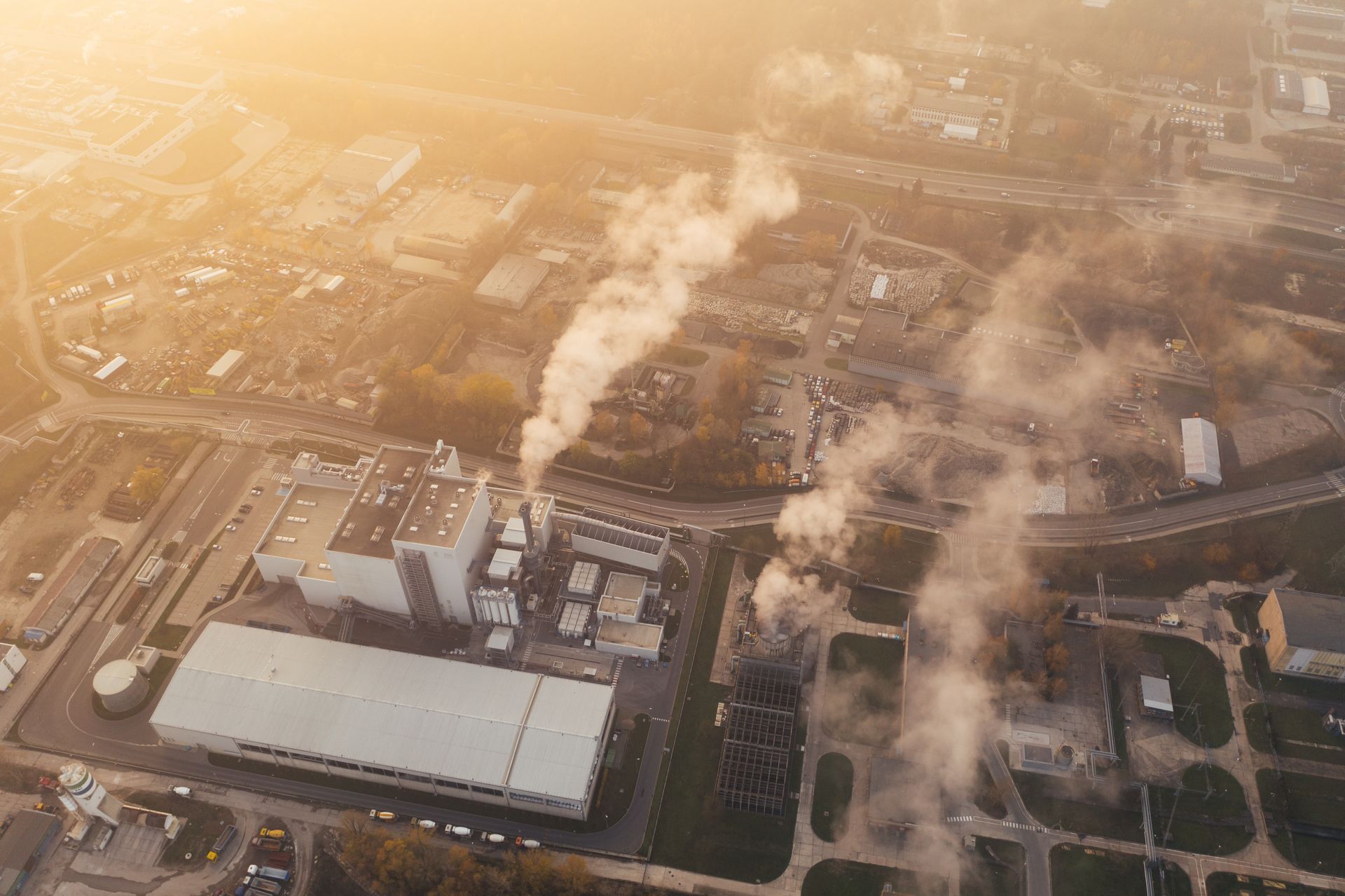Avoid the Dangers of Hot Asphalt Pothole Repairs
While filling a pothole or smoothing an asphalt sinkhole may seem like a fairly simple process, there are many factors to consider. This includes the fact that hot asphalt is not always an ideal solution for pothole repairs. Traditional hot asphalt have been proven to be bad for the environment, dangerous to handle, and have fumes that are toxic when inhaled.
A premium asphalt repair patch is a much better solution for repairing potholes and other asphalt repair projects. When the simple installation instructions are carefully followed, including prepping the area and providing a good base before paving, early cracking and caving are avoided.
Using hot asphalt for pothole repair is dangerous as these chemicals pose to your health and the environment. The Road Soup permanent asphalt patch is safer to use for hot asphalt repairs, potholes, edging, utility cuts and more.
Hot asphalt (Bitumen) fumes are toxic
"There is sufficient evidence for the carcinogenicity of extracts of steam-refined bitumens, air-refined bitumens and pooled mixtures of steam- and air-refined bitumens in experimental animals...Asphalt fume exposure meets several of the criteria for designation as an OSHA priority. In particular, the known and potential health effects are serious and a large number of workers are potentially exposed, especially considering high industry turnover rates..."
The dangers of handling hot asphalt
Hot asphalt that is used for road paving and fixing potholes in parking lots and driveways is a strong adhesive. The black or dark brown substance is made from crude oil and is sometimes referred to as road tar. However, it is not tar at all. Tar and pitch are byproducts of coal, but they are physically and chemically different from asphalt.
In addition to the respiratory hazards associated with asphalt, there are other major concerns that must be considered before you decide to use hot asphalt to fix potholes or repair other asphalt surfaces. There is a definite risk of fire and/or explosion when hot asphalt products are used without professional oversight.
Hot asphalt must be protected from any source of possible ignition because it has an extremely low flashpoint. Any spark of electricity, static from clothing, open flames, or even a lit cigarette can cause a pot of hot asphalt to catch fire. The working area must be tightly controlled and all possible sources of ignition must be recognized and eliminated.
Hot Asphalt Burns
Unfortunately, hot asphalt burns are common and they are also difficult to treat because the likelihood of infection is greater with these types of burn injuries. When anyone makes accidental skin contact with hot asphalt, the first problem is the "immediate and effective cooling of the asphalt on the tissue followed by subsequent gradual removal of the cooled asphalt."
However, the removal of hot asphalt that is trying to adhere to the skin must be done by a medical professional. Since hot asphalt is heated up to 280–400°F for paving, you can expect second- and third-degree burns if the hot material gets on the skin. This is because the affected area is under the influence of both a heat burn and a caustic burn.
For these reasons, it is suggested that the
appropriate PPE or personal protective equipment be worn by anyone working with hot asphalt. These items include chemical goggles, loose clothing with closed collars and buttoned cuffs, thermally insulated gloves with gauntlets that extend up the arm, and boots with tops at least 6 inches high. Also, workers should wear safety shoes and barrier creams to protect the skin.
Road Soup asphalt patch is a better solution
If you're going to repair asphalt, use our safer and easy to use permanent repair patch that is made with 95% recycled asphalt material. Road Soup is made specifically to bind without heat or mixing. You achieve a permanent bond to the surrounding asphalt without the dangers associated with hot asphalt procedures. Surface prep is easy; all you have to do is remove all loose material and sweep the hole clean.
Once the hole is filled with our permanent asphalt repair patch, you simply tamp it down and compact it to be level with surrounding surfaces. Choose a product that can be used for not just asphalt but also concrete or dirt surfaces. You avoid the sticky mess that hot asphalt delivers and you are safe from the health and environmental risks that come with working with hot asphalt.
Repairs can be driven over within the same day, but expect 30 days for the repair to fully set and cure. Actually, it is a benefit to drive over the newly patched surface because this helps the product to harden faster.
For more information on asphalt repair with a cold patch, contact us today! Traditional hot asphalt is not ideal for pothole repairs. Try our environmentally friendly and easy to use solution instead.










